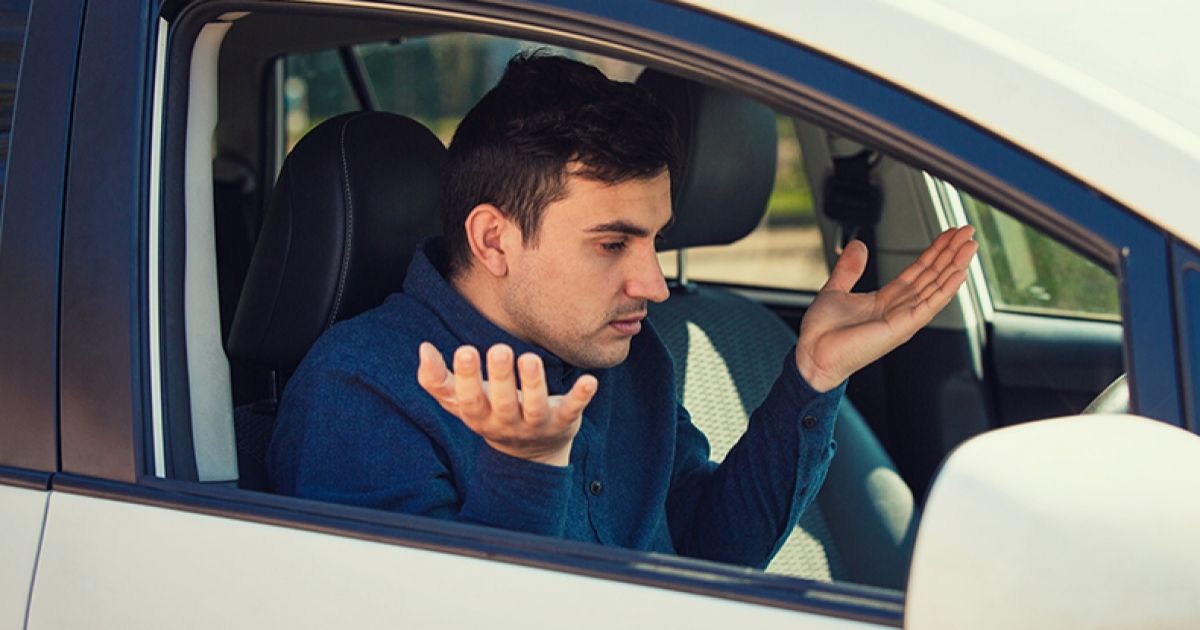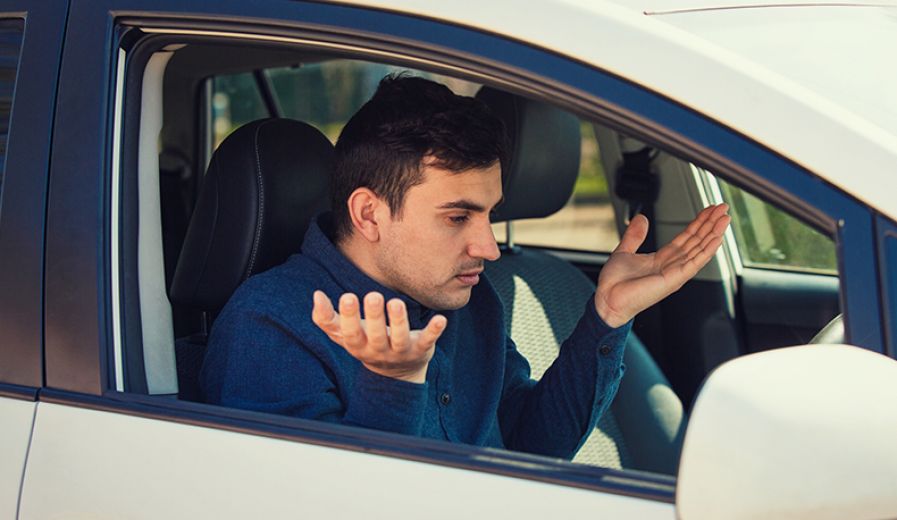Car jerking when stopped in drive can be caused by issues like a dirty throttle body or a malfunctioning transmission. A thorough inspection and appropriate fixes can resolve the problem.
Experiencing a car jerking when stopped in drive can be bothersome and even dangerous in some cases. The issue could be due to several reasons, including a clogged or dirty throttle body, a faulty transmission, or worn-out engine mounts. These problems can result in the vehicle shaking or jerking when idle, causing discomfort for the driver and passengers, and potentially indicating underlying mechanical issues.
By understanding the potential causes and implementing the necessary fixes, drivers can ensure a smooth and safe driving experience. This article will explore the common reasons behind a car jerking when stopped in drive and offer practical solutions to resolve the issue.
Common Causes Of Car Jerking When Stopped
Engine Misfire
An engine misfire can cause a car to jerk when stopped in drive. This occurs when the air-fuel mixture is not ignited properly. Common culprits of engine misfires include faulty spark plugs, ignition coils, or fuel injectors.
Faulty Throttle Position Sensor
A faulty throttle position sensor can also lead to car jerking when stopped. The sensor controls the amount of air entering the engine, and if it malfunctions, it can disrupt the engine’s performance. This can result in rough idling and jerking movements.
Symptoms To Watch Out For
If your car jerks when stopped in drive, it could be indicative of underlying issues. Watch out for symptoms like rough idling, stalling, or a drop in RPMs. Causes might include a faulty spark plug or damaged fuel injector. Get your car checked by a professional for the appropriate fixes.
If your car jerks when stopped in drive, it can be frustrating and concerning. By paying attention to these key symptoms, you can gain a better understanding of what might be causing the problem and take appropriate action:
Vibrations At Idle
One common symptom is experiencing vibrations while your car is idling. When your car is stationary but still in drive, you may notice shaking or trembling sensations. These vibrations can indicate various underlying issues that need to be addressed.
Check Engine Light
Another symptom to watch out for is the illumination of your check engine light. If your car jerks when stopped in drive, it can trigger the check engine light to come on. This warning light serves as an indicator that your car’s onboard diagnostic system has detected a problem. It’s essential to have the error code read by a professional to determine the exact cause of the jerking motion.
If you notice any of these symptoms while your car is in drive and stopped, it’s crucial to investigate the problem promptly to prevent further damage and ensure your safety on the road.
Diagnostic Steps
When your car jerks while stopped in drive, it can be a frustrating and potentially dangerous issue. To address this concern, it’s crucial to go through a set of diagnostic steps to pinpoint the root cause of the problem. Below are the key diagnostic steps you should take to resolve the issue effectively.
Scan For Error Codes
One of the initial steps in diagnosing a car jerking issue is to scan for error codes using a diagnostic scanner. This will help identify any underlying problems within the vehicle’s systems that may be causing the jerking sensation when stopped in drive. Once the scanner has generated the error codes, analyze them to determine the potential sources of the problem.
Inspect Spark Plugs
Another critical diagnostic step is to carefully inspect the spark plugs. Worn or faulty spark plugs can cause the engine to misfire, leading to the jerking sensation while the car is in drive mode. Make sure to inspect each spark plug for signs of wear, corrosion, or damage, and replace them if necessary to improve the overall performance of the engine.

Credit: www.rac.co.uk
Diy Fixes For Car Jerking
When your car jerks while stopped in drive, it can be a frustrating experience. Fortunately, there are several DIY fixes that you can try to resolve this issue without having to visit a mechanic. By addressing common culprits such as the air filter and transmission fluid, you may be able to eliminate the jerking and enjoy a smoother driving experience.
Clean Or Replace Air Filter
If your car’s air filter is clogged with dirt and debris, it can disrupt the air-fuel mixture and lead to a jerking sensation when the car is idling. To remedy this, remove the air filter housing and inspect the filter. If it’s dirty, gently clean it using compressed air or replace it with a new filter. This simple step can enhance airflow and improve the car’s idle performance.
Check Transmission Fluid Level
Low or dirty transmission fluid can cause jerking when your car is in drive. To address this, park your car on a level surface, engage the parking brake, and locate the transmission dipstick. Remove it, wipe it clean, reinsert it, and then withdraw it to check the fluid level. If it’s below the recommended level or appears discolored, it’s time to top it off or perform a fluid flush and replacement. This maintenance task can help to smoothen out the transmission’s operation and minimize jerking.
When To Seek Professional Help
Knowing when to seek professional help for a car jerking issue is crucial in order to address the problem effectively. While some minor jerking issues can be resolved with simple fixes, persistent problems and unusual sounds may indicate underlying issues that require the expertise of a professional mechanic.
Persistent Jerking Issue
A persistent jerking issue can be a sign of a more serious problem with your car. If your vehicle continues to jerk even after you have attempted simple fixes such as checking the transmission fluid or replacing the spark plugs, it is recommended to seek professional help. Professional mechanics have the knowledge and diagnostic tools to accurately identify the root cause of the jerking and provide the necessary repairs.
Unusual Sounds
Unusual sounds accompanying the jerking can indicate a more complex issue. If you hear grinding, squealing, or knocking noises while your car jerks, it is advisable to consult a professional mechanic. These sounds may suggest problems with the engine, transmission, or other vital components that require specialized attention. Ignoring these sounds and continuing to drive your car could result in further damage and more expensive repairs.
Remember, while it may be tempting to attempt DIY repairs or ignore the jerking issue altogether, seeking professional help is always the best course of action when it comes to your car’s performance and safety. By addressing the problem promptly and with the expertise of a trained mechanic, you can ensure that your car is running smoothly and efficiently, saving you time, money, and potential headaches in the long run.

Credit: www.rac.co.uk
Cost Of Repair
Repairing a car that jerks when stopped in drive can range from:
- Minor fixes: $100 to $500
- Major issues: $500 to $1500
- Severity of the problem: Determines the extent of repairs needed.
- Car make and model: Parts availability and labor costs vary.
- Location: Urban areas may have higher labor rates.
- Professional mechanic: Quality service can impact the overall cost.
Preventive Maintenance Tips
- Schedule regular tune-ups to ensure engine functions smoothly.
- Spark plug replacements improve engine performance significantly.
- Check ignition system to prevent jerking while stopped.
- Regularly inspect and top up transmission fluid.
- Check brake fluid to avoid brake-related issues.
- Ensure engine oil levels are maintained for smooth operation.

Credit: www.autotechiq.com
Conclusion
A car jerking when stopped in drive can be caused by various factors, including a clogged fuel injector, a faulty spark plug, or a malfunctioning transmission. By addressing these issues promptly and seeking professional assistance when needed, drivers can ensure a smoother and safer driving experience.
Regular maintenance and attention to potential problems can prevent further damage and costly repairs. Remember, resolving the root cause of the issue is crucial for a long-lasting solution.


